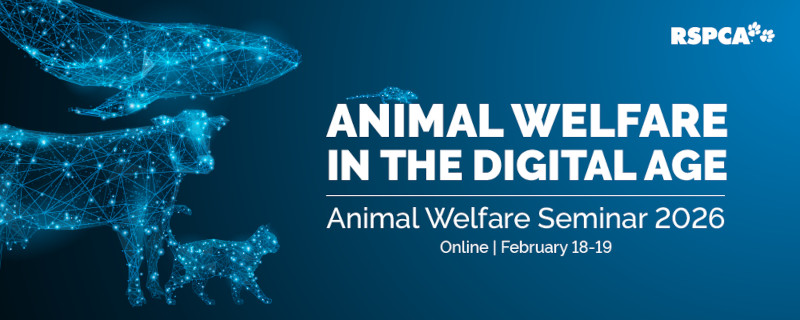The frequency of exceptionally hot years, low rainfall and low soil moisture has been increasing in recent decades and this trend is expected to continue across Australia in the years to come. The resulting droughts are not isolated events; they occur over vast areas across the country and have significant and lasting effects on the land, the people whose livelihoods depend on the land and the farm animals in their care.
Those with a responsibility for the care of farm animals need to continue to ensure their animals’ welfare during extended dry periods and drought. Comprehensive drought preparedness strategies include plans for managing animals on farm, building and maintaining feed reserves, ensuring adequate water supply, managing the environment, and building up financial reserves.
Some general principles that will help reduce the risk to the welfare of farm animals during a drought, include the following:
- At all times, animals must have access to good quality drinking water, be provided with shade, and be able to shelter from extremes of weather.
- It is unacceptable for animals to be allowed to starve to death or die of thirst under any circumstance. Where there is any doubt as to the ability to provide animals with adequate feed and water, the decision to agist or sell must be made sooner rather than later and well before the animal is too weak to be moved.
- Daily monitoring is required to ensure sick or weak animals are quickly identified, treated or humanely killed.
- Any change of diet should be introduced gradually and animals closely monitored for any adverse reactions or reluctance to feed
- Animals should not be allowed to consume toxic amounts of poisonous plants.
- Appropriate parasite control measures should be in place to minimise loss of condition in animals.
- If lactating animals are losing excessive body condition, offspring should be weaned and provided with appropriate feed supplements.
- Care must be taken to avoid animals becoming trapped in drying dams and other water sources.
- Animals that are fit for transport but can no longer be fed and watered should be agisted, sold in the market or to an abattoir before their condition deteriorates.
State and territory animal welfare legislation places certain responsibilities on those in charge of an animal’s wellbeing, including during times of drought. Legislation requires that a person:
- does not commit an act of cruelty upon an animal
- provides an animal with proper and sufficient food, water and shelter
- does not abandon an animal
- does not transport an unfit animal unless under veterinary advice (see ‘Is it fit to load?‘ guide).
For further information on RSPCA Australia’s position on the management of farm animals during drought, please refer to the Position Paper attached below.
For support, drought-afftected farmers should contact their state/territory department of primary industries (ACT NSW NT QLD SA TAS VIC WA).

